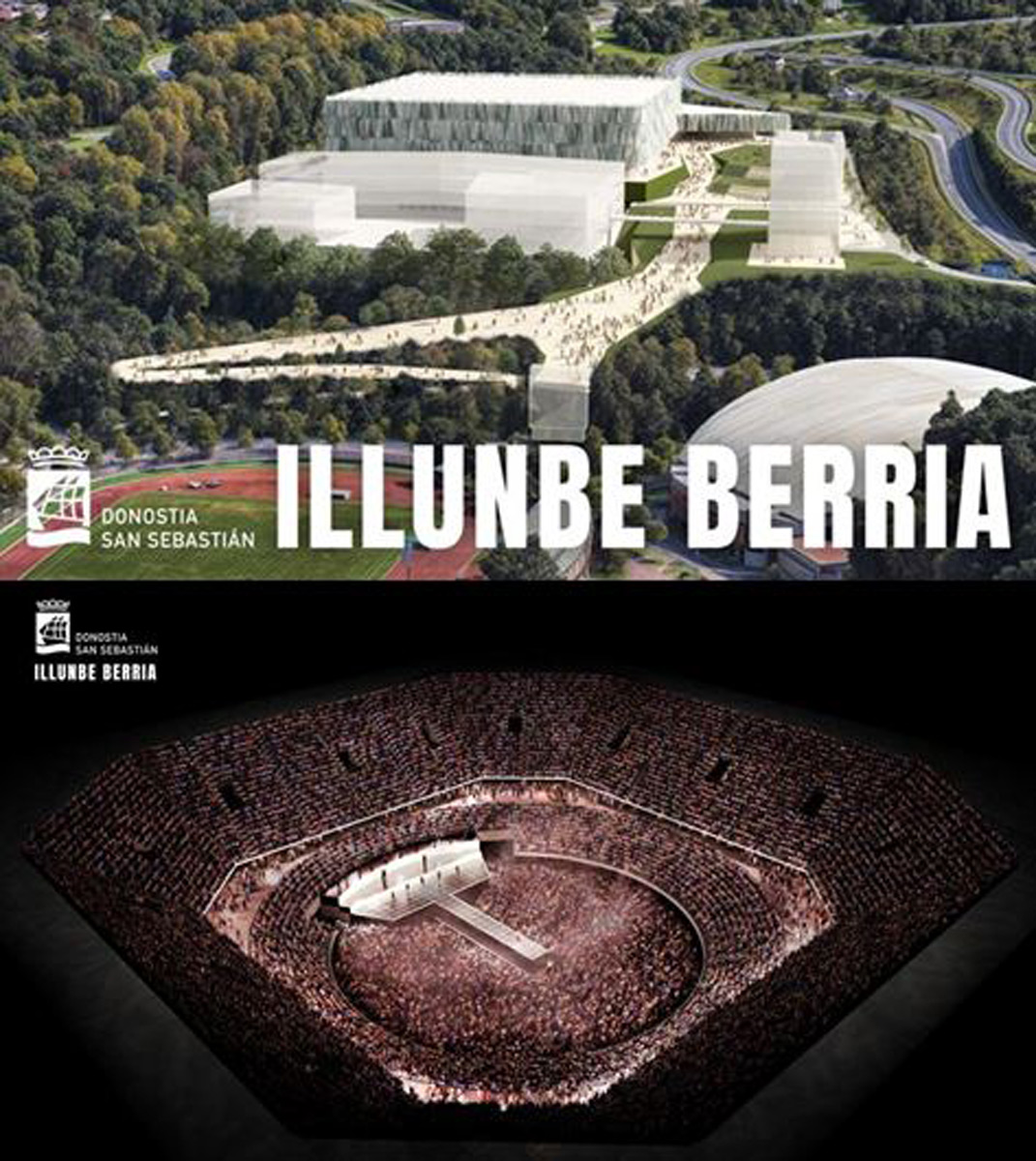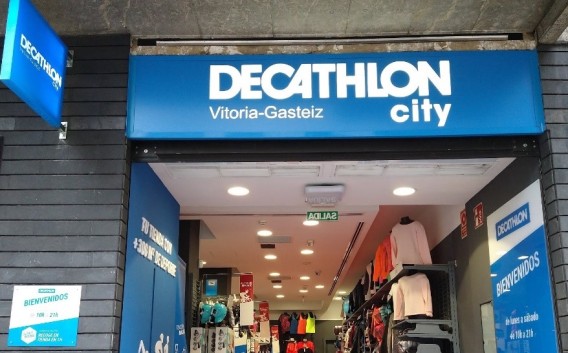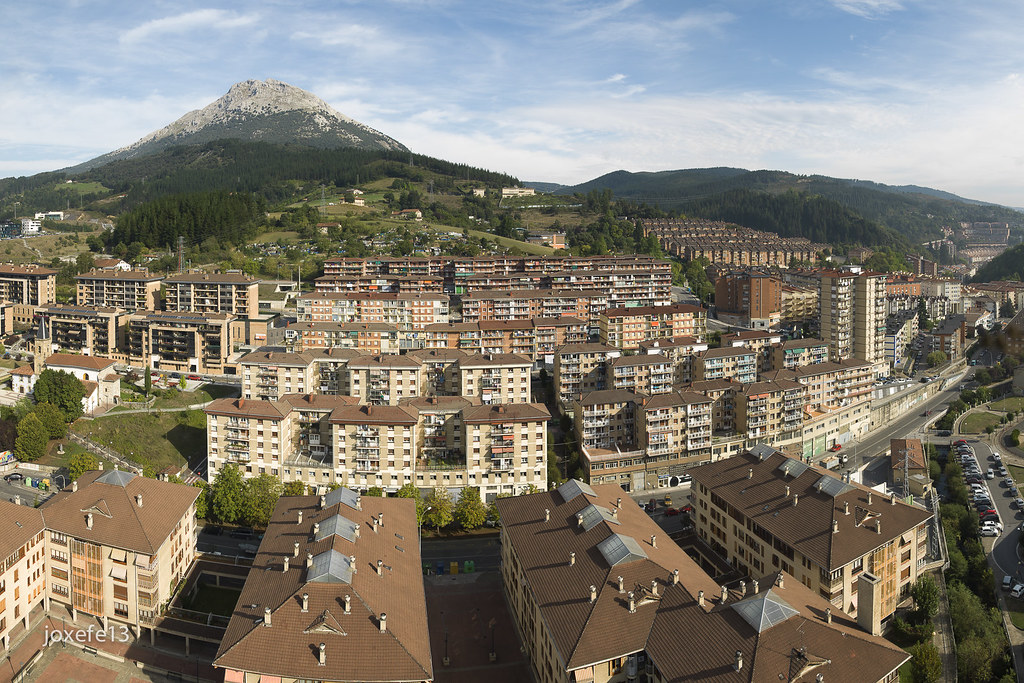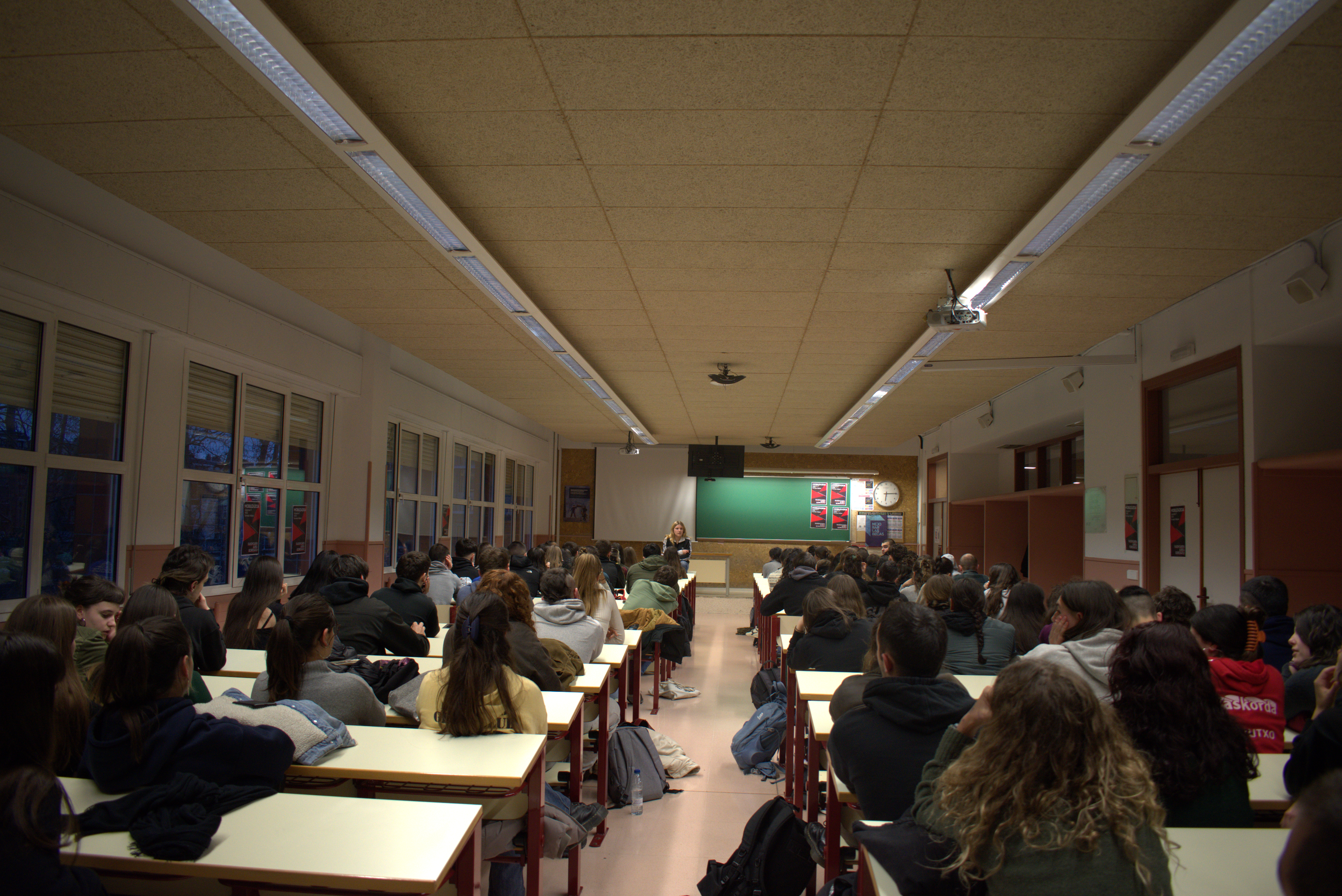The stone that comes back against the one you threw
- When it was announced that Ángela Murillo was going to be president of the Bateragune court case, many thought it was not a good piece of data for the outcome of the trial. It is not that there is trust in the National Court, but that Murillo had already demonstrated his position in several trials, in which he has actively participated. The most obvious proof is that the Supreme Court itself annulled the conviction of the Gatza case of Arnaldo Otegi because of Murillo ' s impartiality.

But as Bateragune's oral case progressed, those fears of Murillo and the jury were appealing, at least as far as public opinion is concerned. In the trial, many things were laid out, mainly about the mentality of the defendants and also about the political work they have done in recent years. The defendants clearly explained the struggle held within the left Abertzale and how they achieved that victory in the elections. Moreover, this victorious sector of the Abertzale left seemed to be using the same judgment both to avoid punishment, as is normal, and to completely end the internal debate and to socialize a form of narrative of this competence.
For all these reasons, and because during the trial the thesis and evidence of the prosecution were so weak, there was hope for the acquittal in Basque society. There were many legal reasons for this, but, above all, there was a deep and strong awareness of a new time, and it was believed that this clumsy “all is ETA” of yesteryear could not resolve the process of political normalisation. In addition, although it is known that in the National Hearing any case may occur, there was a solid background that reinforced these dissertations of the acquittal, such as the Egunkaria case or the Udalbiltza case. All this, in much of the collective opinion of Basque society.
And that is why this stone judgment of the Bateragune case has unreleased the collective conscience of Basque society. To the point of forcing lehendakari, Patxi López, to say that this sentence is not understood in Basque society. It is a judgment that will burn your hand in the coming weeks and months, because this judgment is seen as a measure against peace and, ultimately, as a significant exponent of state taxation. The discourse of the separation of powers from the Spanish State and the need to pass judgments is weak in Basque society, but this ruling, directed by Murillo, has narrowed that point of view because, as José Yoldi suggests in his blog in El País, this decision does not derive from the evidence of the summary, but from those of the jury.
The car is terrible. He says that it is not possible to prove that there was a group called Bateragune, but that the defendants were at the orders of ETA, some as leaders of ETA – Otegi and Díez – and others at their orders – Zabaleta, Jacinto and Rodríguez. What about the tests? The jury says there is no conclusive evidence, but there are many indicators that have enough force to justify the sanction. What indicators? That in the North they have come together and kept secret. That the ETA document was then fulfilled in the documents of the Abertzale left – essentially that of sovereign accumulation. There is a similar terminology in some ETA documents and in others treated by the defendants. They do not condemn ETA and do not clearly call for its disappearance...
And the most surprising thing is that the defendants publicly express their opposition to the armed struggle and that they say that ETA is over is nothing more than a trick to evade conviction. And the most dangerous thing (pages 37 and 38 of the car) is that the defendants have overcome with their actions the freedom of expression and the rights of political action, and have enabled and protected the violent activity of other organizations with similar ideas.
In short, the judgment brings forward an issue that will be at present political in the coming weeks: Whether Bildu can be in the elections on 20 November or not. And the core of the sentence is that no, that Bildu is, after all, an instrument invented by ETA for sovereign accumulation. See what the prosecutor’s office says about Bildu-Aralar’s candidature, but it is very likely that all those chapters that lived in Bildu’s legalization in May will be repeated now.
Larunbatean pertsona talde batek Tolosaldeako Kontseilu Sozialistako kide bati eraso egin ziola salatu dute. Azaldu dutenez, "faxistei aurre" egin zien propaganda jartzen ari zirela, eta piperbeltz espraiarekin zipriztindu zuten.
Haurdunaldian diren emazte bakartuentzat, harrera-leku bat proposatuko du La Maison des Sept Vallées elkarteak Donibane Lohizunen. Pariseko bikote jabe pribatu baten gogoan sortu zen xedea. Donibane Lohizunen, 2021ean Iturria izeneko etxea erosi eta, bazter bastizetan... [+]









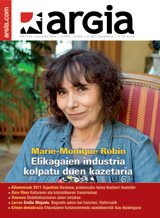

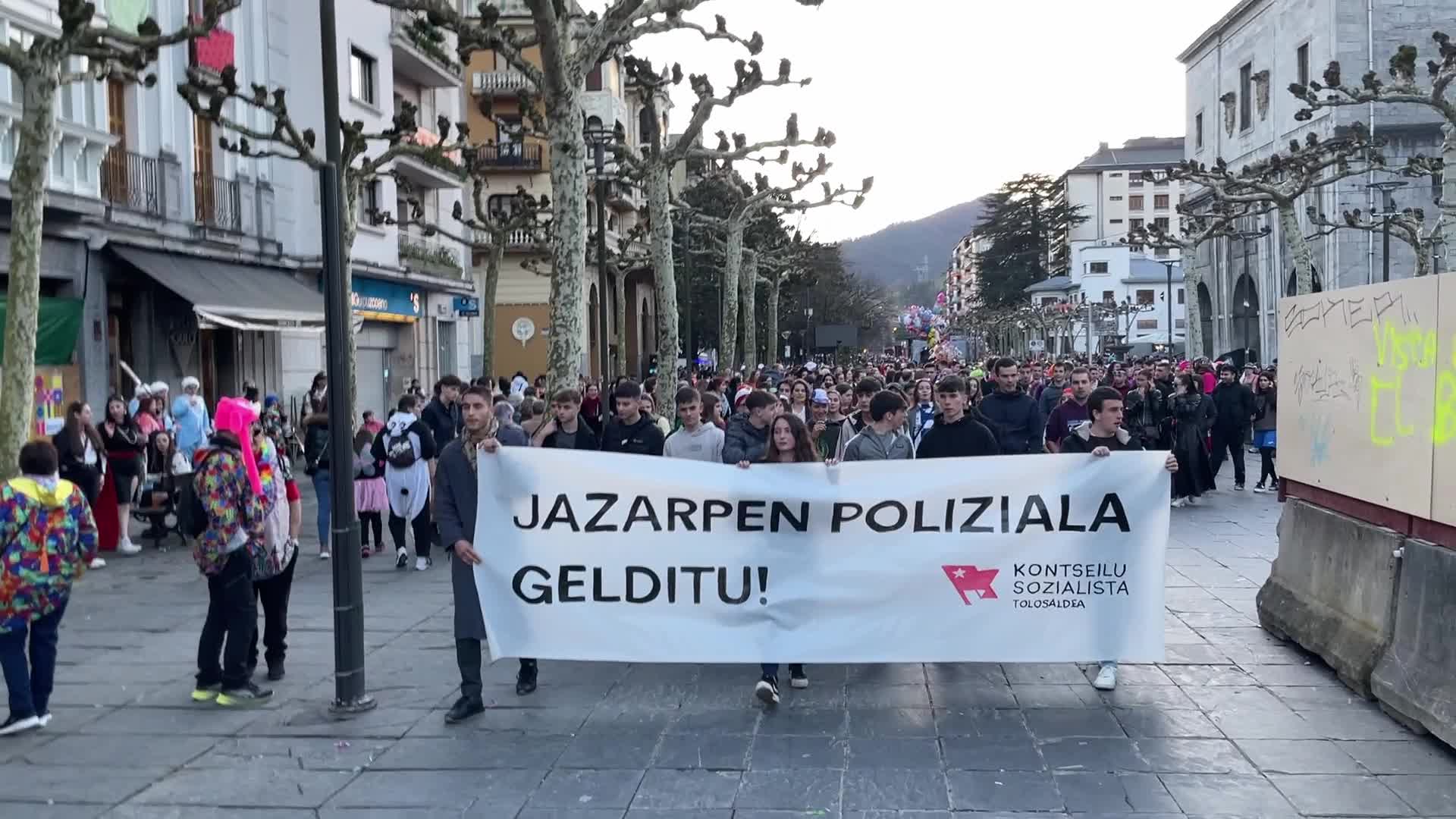
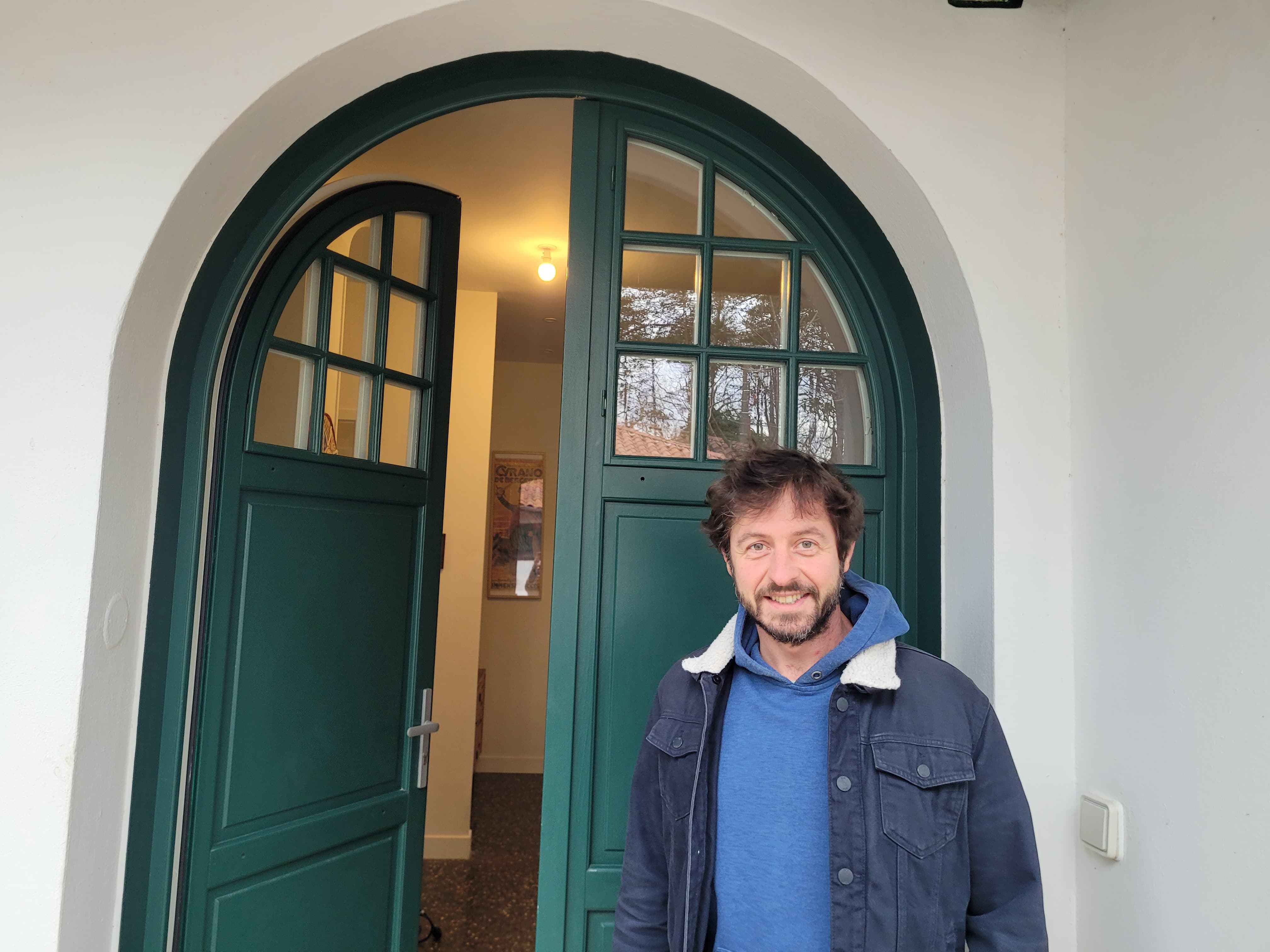
_2.jpg)
